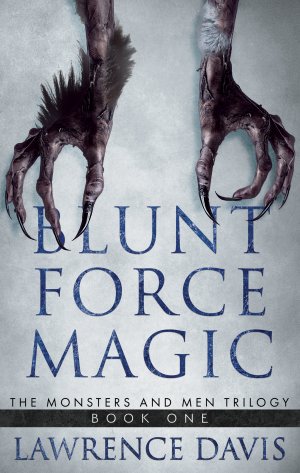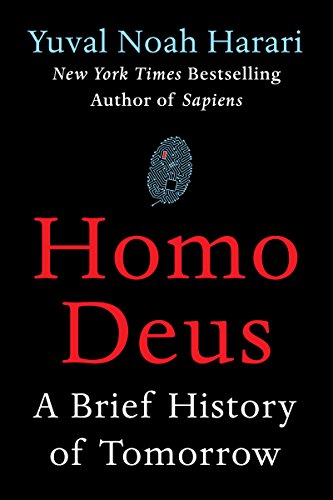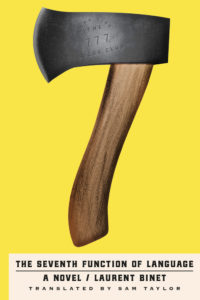By: D.M. Olsen
Some might consider Joe Johnson’s situation a crisis. He just quit his job as a torture expert for a covert government agency called the Team. Joe also just divorced his wife and moved into a remote home three hours north of London, where he intends to walk the circumference of the earth from the privacy of his backyard. He plans to walk a small, circular path twenty-five miles a day for one thousand days. However, as Joe quickly finds out, and as the compelling narrative unfolds, privacy is the last thing afforded by Joe’s new house. He is surrounded by nosy neighbors, a philosophical mailman, and a band of skinheads who invoke a turf war with the veteran torture artist. And, of course, Miranda.





 By: Xach Fromson
By: Xach Fromson








 By: Kaia Gallagher
By: Kaia Gallagher